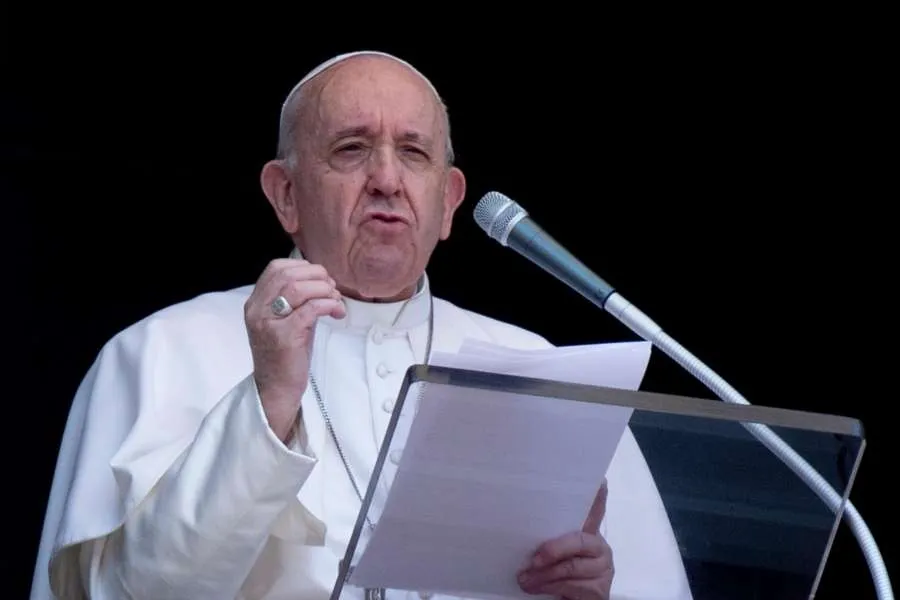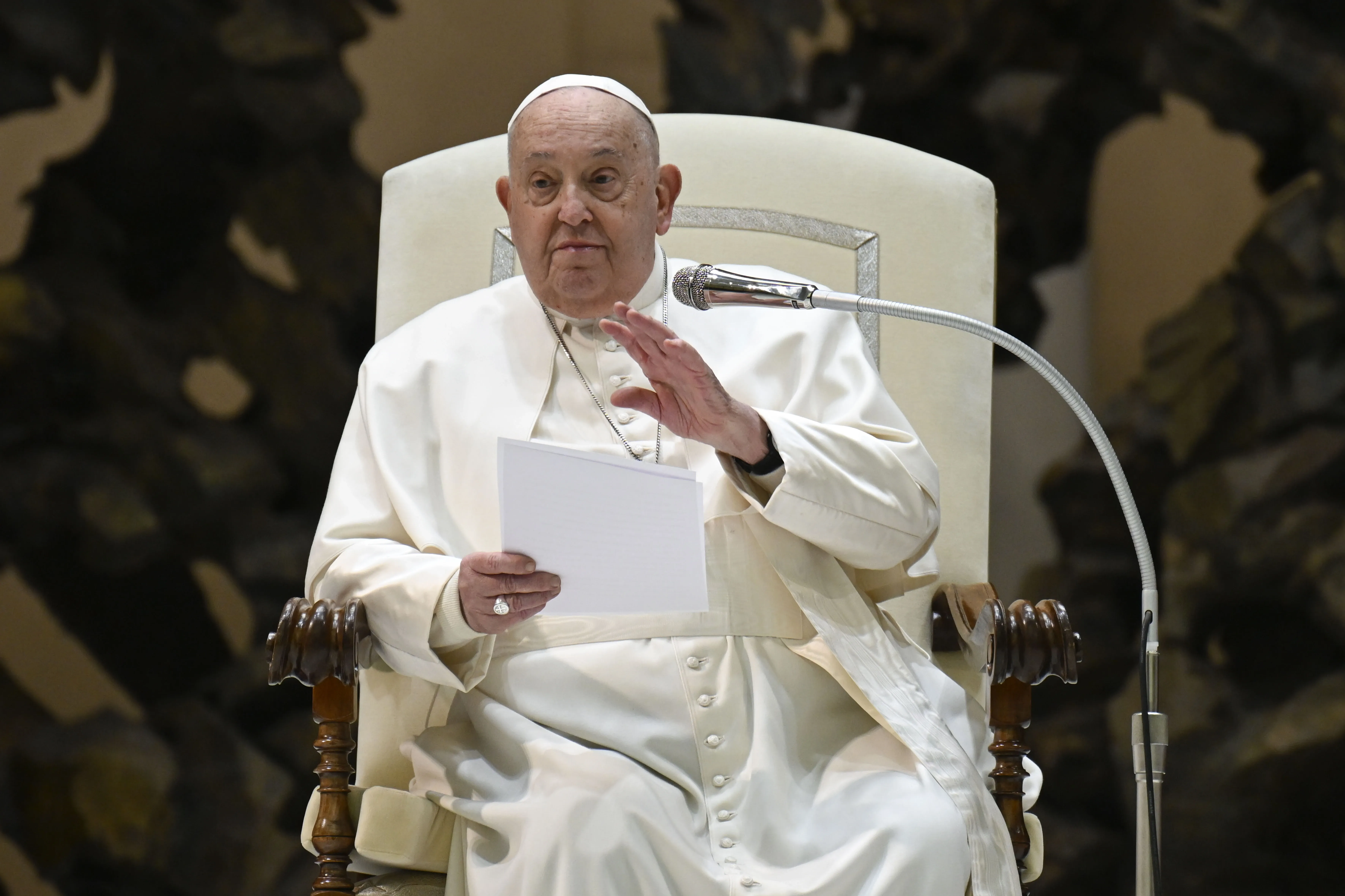Vatican City, 06 September, 2020 / 11:45 am (ACI Africa).
Pope Francis implored Catholics Sunday not to gossip about one another’s faults, but instead to follow Jesus’ directive on fraternal correction in the Gospel of Matthew.
“When we see a mistake, a defect, a slip of a brother or sister, usually the first thing we do is go and tell others about it, to gossip. And gossip closes the heart of the community, disrupts the unity of the Church,” Pope Francis said in his Angelus address Sept. 6.
“The great talker is the devil, who always goes about saying the bad things of others, because he is the liar who tries to disunite the Church, alienating brothers and sisters and unmaking community. Please, brothers and sisters, let’s make an effort not to gossip. Gossiping is a plague worse than COVID,” he told pilgrims gathered in St. Peter’s Square.
Pope Francis said that Catholics need to live out Jesus’ “pedagogy of rehabilitation” — described in chapter 18 of the Gospel of Matthew — “if your brother sins against you”.
He explained: “To correct a brother who has done wrong, Jesus suggests a pedagogy for rehabilitation … articulated in three steps. In the first place he says: ‘point out the fault when the two of you are alone’, that is, do not air his sin in public. It is about going to your brother with discretion, not to judge him but to help him realize what he has done.”








